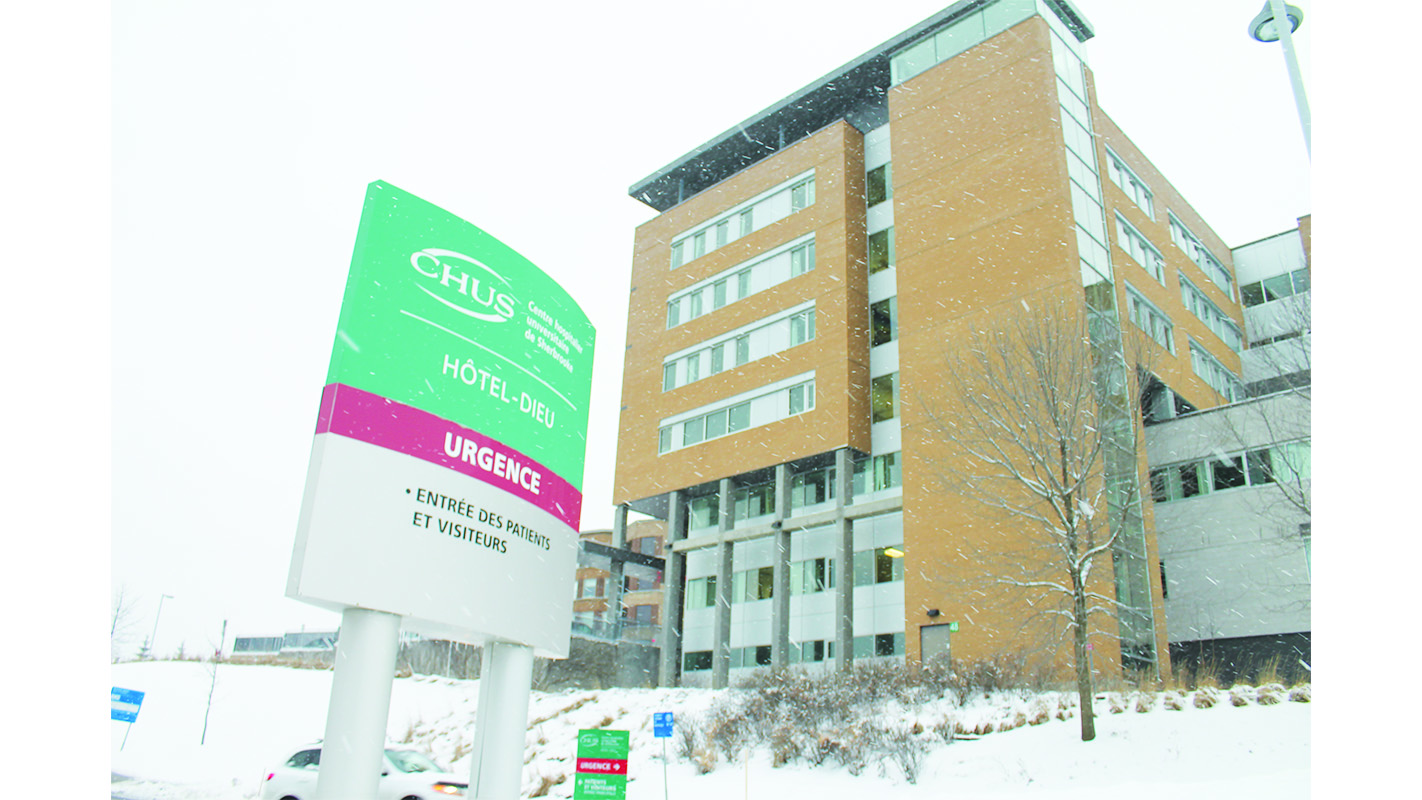The Province of Quebec paused its official reporting of COVID-19 statistics for the first two days of 2021, and provided only a condensed update on Sunday covering the changes in the New Year. In Sunday’s figures, the province was reporting 210,304 total infections since the start of the pandemic, an increase of 7,663 from December 31. The number of people considered to be recovered increased from 172,047 to 179,456, while the number of deaths tied to the virus climbed by 121 to 8,347. There were 1,225 people in hospital for reasons related to COVID-19 across the province on Sunday, 179 of whom were in intensive care.
In the Estrie region, the local public health authority reported that the total number of cases since the spring had increased to 8,268, an increase of 389 since last Thursday. The number of deaths climbed to 171 over the weekend, with one each at Sherbrooke’s Haut-Bois halfway house, Youville and Argyll Hospitals, as well as at the des Bâtisseurs private seniors’s residence in the La Pommeraie health network, alongside three at the Marie-Berthe-Couture long term care home in the Haute Yamaska and one in the community at large. There were 51 hospitalizations in the region, accounting for nearly 70 per cent of the dedicated capacity for COVID-19 treatment, and ten in intensive care. The most recent update on vaccinations in the area stated that 1,253 healthcare workers have received a first dose to date, out of a total of 28,762 doses administered province wide.
Last Thursday, based on trends observed over the week from Dec 21 to the 27, Quebec’s Institut national d’excellence en santé et en services sociaux (INESSS) predicted a more than 50 per cent likelihood that hospitals in the Montreal area will surpass their capacity for COVID patients within the next three weeks. As things stood at the end of the week, more than two thirds of hospital capacity in that region was in use.
Although the INESSS remarked that the situation outside of Montreal was generally more stable, the update nonetheless warned that certain hospitals might still reach or surpass their capacities depending on individual circumstances.
Other significant announcements over the weekend included news from the Federal government that, effective January 7, all air passengers five years of age or older will be required to test negative for COVID-19 before travelling from another country to Canada, and the Provincial government’s decision to change its vaccination strategy in the name of distributing doses more quickly.
The Government of Canada decision requires passengers to provide documentation of a negative laboratory test result to the airline prior to boarding a flight into the country but does not waive quarantine requirements. It is also not meant to be an encouragement to travel.
With regard to vaccination, the provincial Ministry of Health and Social Services announced that, based on recommendations by the immunization committee, the doses of Pfizer and Moderna vaccines that were being held in reserve to guarantee a second dose for those who have already received their shot will be entering regular circulation. Where the production companies initially recommended saving a second dose for every vaccine delivered in case of a breakdown in the supply chain, deliveries are now regular enough that this is considered less of a risk. The second dose is important, according to the announcement, to ensure long-term immunity.
Pandemic numbers continue to climb
Record Staff





